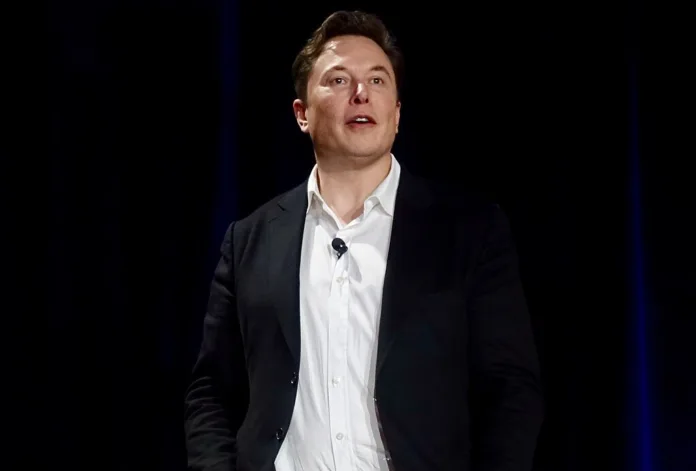Tesla argues that the legal team responsible for voiding Elon Musk’s pay package should receive a fraction of the requested fee due to minimal benefit to the company
In a legal battle unfolding in Delaware, Tesla has contested the $5.6 billion legal fee demanded by the team that successfully nullified Elon Musk’s record pay package. The electric automaker asserts that the legal efforts provided little to no advantage for the company and therefore warrants significantly reduced compensation.
The lawsuit, initiated by shareholder Richard Tornetta, led to a ruling in January invalidating Musk’s $56 billion compensation plan. Tesla contends that Tornetta’s legal team should only receive a nominal payment of approximately $13.6 million for their services, which commenced with a complaint filed back in 2018.
Embed from Getty ImagesElon Musk’s remuneration under the voided pay package stands as the highest ever granted to a CEO in the United States. Tesla further argues that if shareholders opt to ratify the annulled pay package at the upcoming annual meeting, the primary benefit of the lawsuit would be to inform investors about the flawed negotiation process for executive compensation.
In its filing with the Delaware Court of Chancery, Tesla emphasizes that market evidence confirms the plaintiff’s legal efforts resulted in negligible value for Tesla or its shareholders. The legal team representing the shareholder comprised three law firms: Bernstein Litowitz Berger & Grossmann and Friedman Oster & Tejtel, both based in New York, and Andrews & Springer of Wilmington, Delaware.
The objection to the exorbitant legal fee comes amidst Tesla’s efforts to garner shareholder support for reinstating Musk’s pay package. Additionally, the company seeks approval to relocate its legal domicile from Delaware to Texas, where its headquarters are situated, a move criticized by Musk following the pay ruling.
Chancellor Kathaleen McCormick nullified the 2018 pay agreement in January, citing Musk’s improper domination of Tesla board negotiations in arranging the substantial compensation. The court ruling did not result in the return of any stock to Tesla, as Musk never exercised any of the stock options constituting his compensation.
Numerous Tesla shareholders have expressed objections to the requested legal fee, with one shareholder, Amy Steffens, filing a formal objection supported by the Munger Tolles & Olson law firm.
Analysis:
Political Impact: The legal dispute between Tesla and the shareholder’s legal team underscores the intricate intersection of corporate governance and shareholder activism in the realm of executive compensation. The outcome of this dispute may influence future legal battles over executive pay and shareholder rights.
Social Reflection: The controversy surrounding Elon Musk’s pay package highlights broader societal debates over income inequality and corporate accountability. Shareholders’ objections to excessive legal fees reflect growing scrutiny of executive compensation practices and their alignment with shareholder interests.
Psychological Aspect: The legal battle and subsequent objections from shareholders may evoke feelings of frustration and disillusionment among Tesla investors, who may perceive the proposed legal fee as disproportionate to the perceived benefits achieved for the company.
Sociological Angle: The case reflects broader sociological dynamics concerning corporate governance and the balance of power between shareholders and corporate management. It raises questions about the efficacy of legal mechanisms in safeguarding shareholder interests and holding corporate executives accountable for their actions.
Fashion Culture: While not directly related to fashion culture, the legal dispute underscores the importance of transparency and accountability in corporate governance, reflecting broader societal values regarding ethical business practices and fair compensation.
